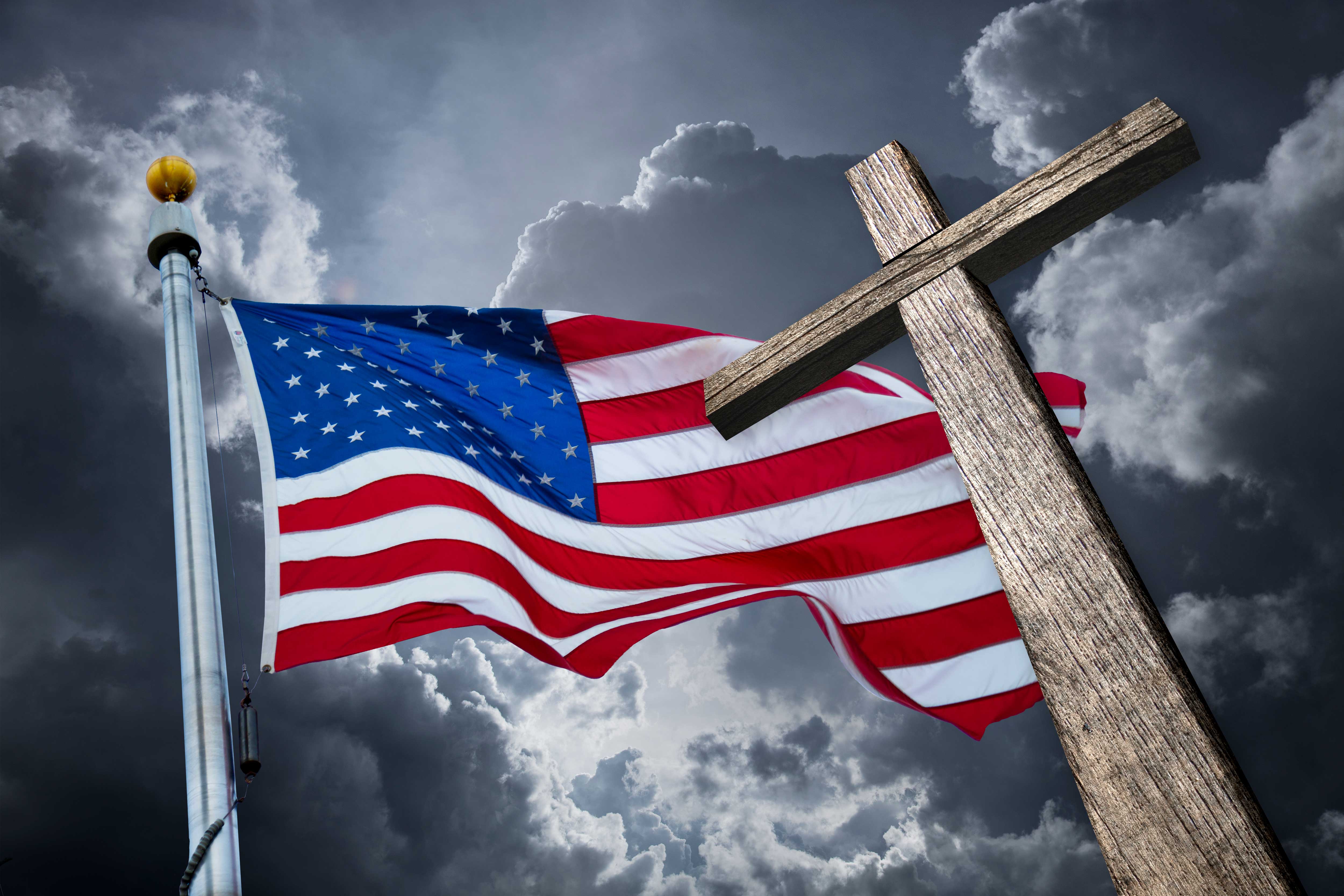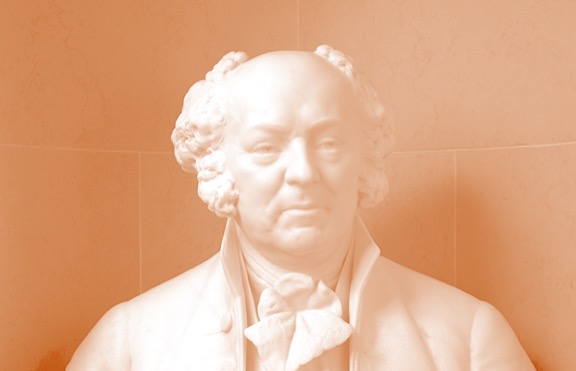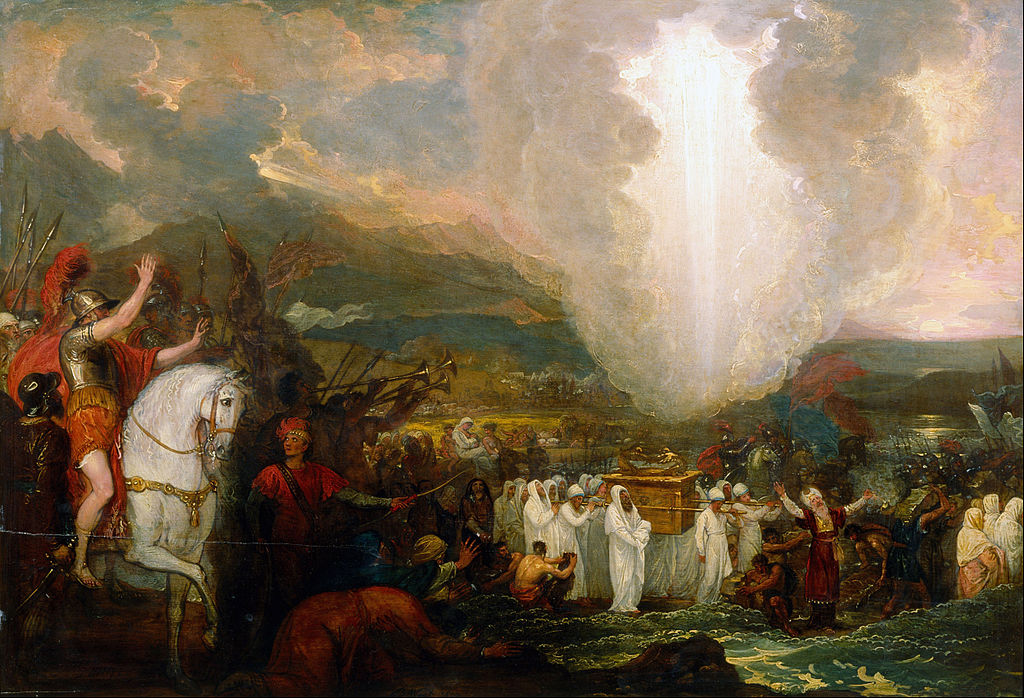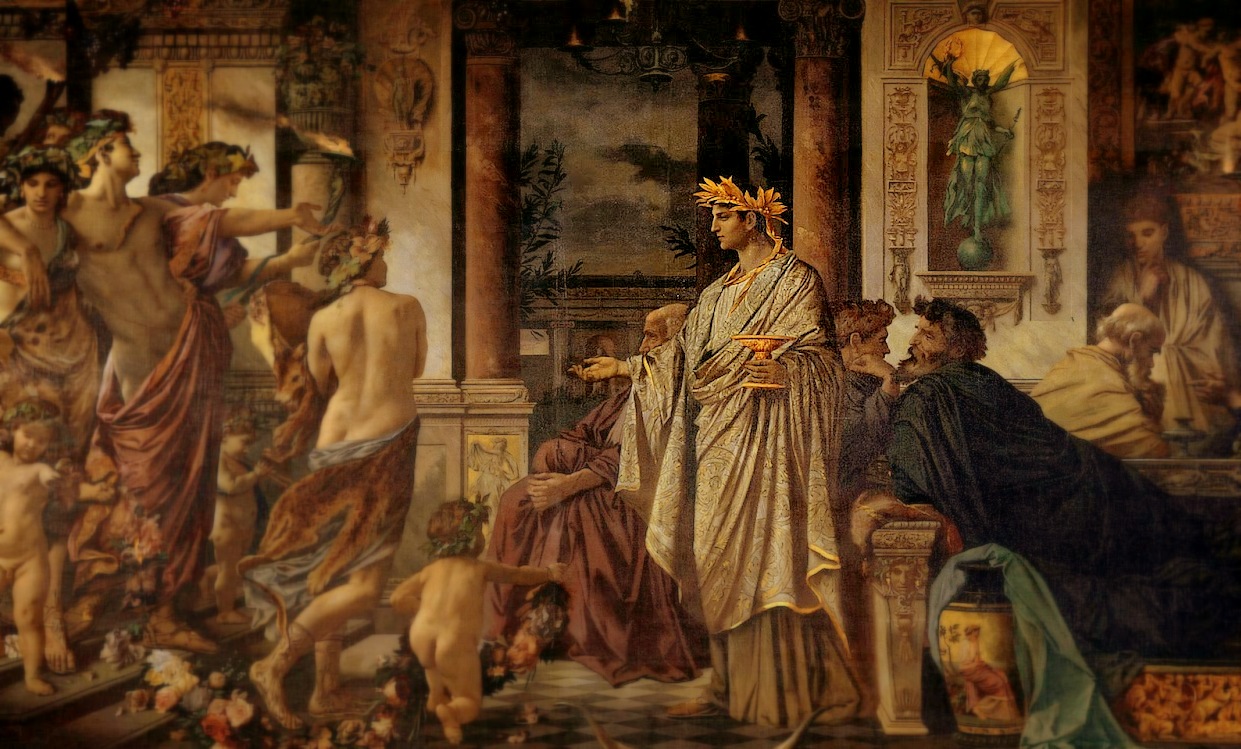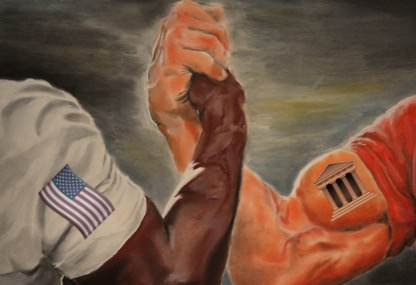We Can’t Re-Found the Right on Free Speech
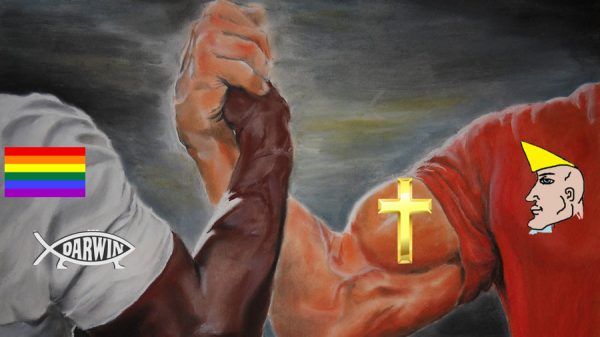
Life after wokeness demands we share more.
In “Can Conservatism Be Conserved?” Spencer Klavan offers a challenge we all ought to consider.
Let’s say that we defeat the Army of Wokeness, or they lose all momentum, and that the major role they play right now is replaced by more straightforward class-driven lefties. The very broad tent that Klavan sees being stitched together under the pressure of SJW’s is unlikely to hold—at least not in one piece.
If there is even a slight chance of that happening, he’s right that we need to have some tough, foundational conversations.
Convenience or Principle?
I see why Klavan so earnestly hopes for a longer-term alliance: we really are seeing people previously disunited now coalescing together despite, in some cases, a serious history of antagonism over cultural matters.
This is particularly vital when you consider the way a new framework for thinking about how conservatives might mobilize support could offset the kind of demographic despair we hear so much about regarding young people’s unprecedented support for socialism and cultural leftism more generally.
But is the new alliance on the Right one of convenience, or can it be one based upon principle? Can it generate lasting bonds of interest and affection? And perhaps most importantly: will it extend beyond the intellectual sphere that the people reading this piece inhabit?
Some of this newfound common cause seems to revolve around the shared recognition that talking about our convictions is necessary to have a chance at living well. While self-critical conversation is a hallmark of the culture we identify with the West, and free speech is the quintessentially American expression of that, I wonder if the disparate factions Klavan points to are willing to see this in a deep enough way.
Is simply talking freely the same thing as being willing to seek the truth, or accept the possibility that the truth might be discoverable outside of scientific inquiry?
The Normal and the Natural
Rallying around a few key, deeply threatened conversational practices and public virtues is a start. The questions Klavan identifies are the right ones precisely because they demand we ponder what can possibly ground the joint conservation of a decent society.
Open-ended conversation will not suffice to bind us. Even if it were, simply pointing to a commitment to free speech resounds with echoes of the liberal neutrality that many on the Right now see as little more than a facade. That neutrality has so often used been used to pummel those who don’t quite fit the general theory of human life that every liberal theory sneaks into play against those with more comprehensive understandings of the good—or against those who simply don’t fit into the theory’s category of “normal.”
We need to think more deeply about the nature of human beings than neutrality allows. This is necessary, but it alone is not a basis for political order.
For such a new compromise to bear fruit, we also do need some agreement about nature itself. Something between the arid abstractions of liberal rights theory and the overly ambitious and rigorous views of the new natural lawyers is needed—a renewed openness to taking nature and virtue seriously.
Klavan’s hard questions could begin to be talked about under this framework, and we could tolerate one another’s vast differences as well. But we should also be clear that this demands we draw lines.
Between Political Rights and Natural Laws
To say that unity’s proper ground rests on some understanding of human beings as rights-bearers doesn’t quite work. So much of what is done on the Left flows from a distorted view of rights talk, and the very thin, inchoate conception of rights so common on the Right hasn’t done all that much to prompt unity.
Pointing to something like the new natural law, on the other hand, offers a basis that excludes too many members of this new alliance as well. Even if I stipulate that I think that this natural law tradition’s adherents come to many conclusions I’d be happy to see legislated into effect, I also remember how it feels to be exposed to them as an agnostic. One has the sense a magic trick is being performed—one that begins with human nature but ends with essentially the same conclusions as Catholic Social Thought. And so, such a new alliance would likely rule out both apostles of unrestricted freedom and the more rigorous advocates of a “Common Good” alike.
This sort of conversation might explode any intellectual alliance. One might also ask: wouldn’t such a thing have to happen to create a politically viable coalition, anyway?
Starting with a notion of what is essential to being American seems more promising, but probably divides more than it would unite. America’s perennially feuding conservative camps have never agreed on what is most vital about our constitutional order (or how to think about it), and if pressed, most of the integralists profess no loyalty to the regime at all. Some more foundational, more unifying terms of agreement are necessary for that debate to occur in a productive way. That is to say, getting the right anthropology is crucial.
Yet the commonest answers either don’t do enough to solidify unity or fracture it too much.
Civics and Its Limits
Civic education is sometimes touted as the remedy to America’s woes. It’s true that conservatives and their new friends should be grounded in the realities of American politics and its history, with exposure to the real history of our nation—warts and all. Such an education remains helpful for arguments about vital issues like the 1619 Project, and for comprehending why the legal and philosophical foundations of our regime matter.
But it also can’t be relied upon to generate habits of self-rule even in the few people fortunate enough to get this kind of education in their schools and colleges. And let’s be clear here: the education system isn’t going to willingly provide this education, so it’s a forlorn hope.
Perhaps these refugees into the conservative camp also reflect the way that many people perceive the Left to be uprooting the past and casting it out.
Rémi Brague calls this tendency “historical barbarism, which is a will to forget, to weigh the anchors, to cast one’s moorings in the past.” The intuition that we need more civic education—that we must discuss and keep alive our past and our principles—is a natural response to this sentiment. Given the wide and ongoing popularity of popular history and biography as genres, there may be something to build on there.
From Free Speech to Shared Speech
We love to talk about our political and social theories; all of us have them. And as important as thinking and talking on that level is, I wonder what the new conservative debate online has to do with building bridges in everyday political life. It’s not to say that they bear no relationship to one another. But it is more indirect than one might think.
Klavan asks what various factions are willing to tolerate and why. Answering that question in the abstract is probably impossible. For religious conservatives to tolerate LGBT people and vice versa, experience living with one another and dealing with practical questions remains key.
The solid ground of practice, of following long-established traditions and laws, can still work. We learn to tolerate what we live closely with, and this is why the simple practice of this new conversation Klavan is rightly excited to maintain holds out hope. That we live within the fading remnants of a constitutional order built precisely to allow this is our good fortune, and we ought to remind our new allies that linking our practice of self-government up with a respect for the Constitution is vitally important.
I can’t help but wonder, though, whether suggesting we need a conversation about “mere nature” and our constitutional faith doesn’t explode our newfound and fragile unity. Maybe another way of framing Klavan’s question is this: what dreams of political order are we willing to sacrifice to build something that might inspire ordinary people to vote for our cause?
If we don’t have an answer to that, we haven’t gotten serious about the task of building a new conservatism.
The American Mind presents a range of perspectives. Views are writers’ own and do not necessarily represent those of The Claremont Institute.
The American Mind is a publication of the Claremont Institute, a non-profit 501(c)(3) organization, dedicated to restoring the principles of the American Founding to their rightful, preeminent authority in our national life. Interested in supporting our work? Gifts to the Claremont Institute are tax-deductible.
The crisis of modern liberalism and science requires skeptical political philosophy—but skeptical political philosophy is itself undergoing a crisis.
Part II: Honor and self-constraint can stave off tyranny.

